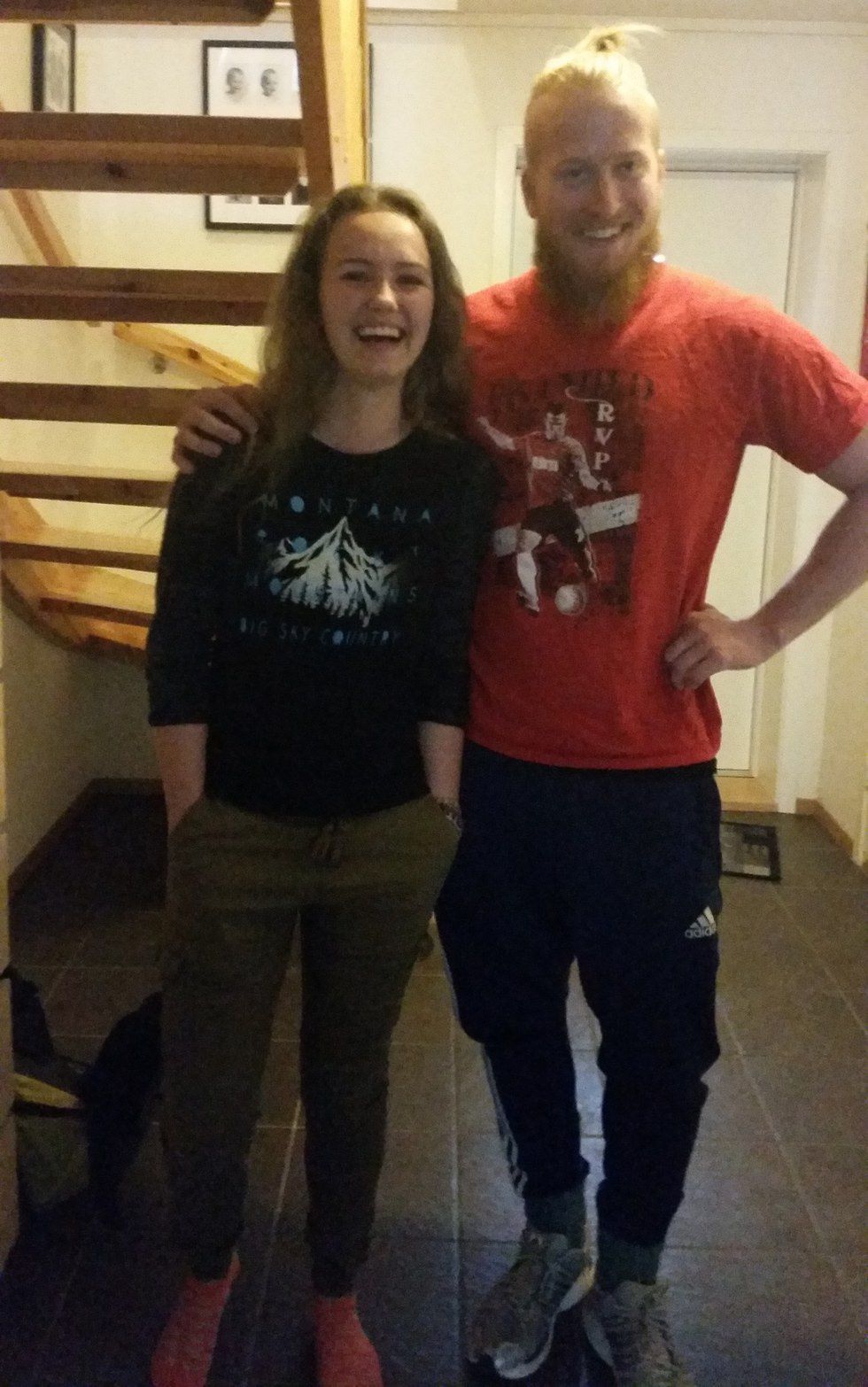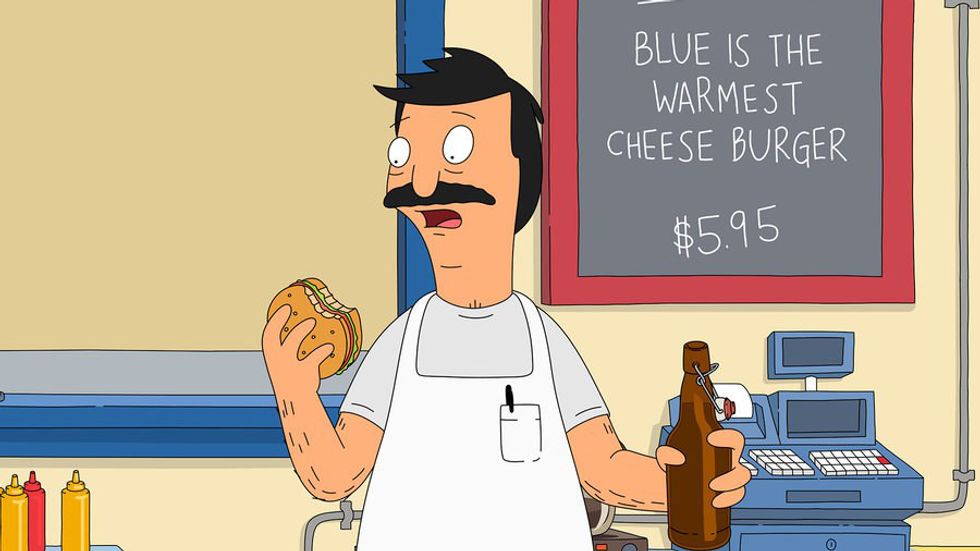This particular, eye-opening conversation happened one quiet afternoon in a small apartment located in the center of Nærbø, Norway. Across the room from me, relaxing across a couch, was a man named Morten, and he is one of the most influential people in my life. It was my second week staying in Norway with him and his family.
His sister, Kristine, and I had decided to take a break from being active and relaxed in the apartment for one day. I was lounging across the futon and admiring the orchids in the window sill when Morten broke the silence to ask me, "Do you do much charity through your school?"
It took me a bit longer than I expected to answer this question. I ran through my mind, trying to remember the times my teachers had mentioned ongoing charity projects in our school. Most of these memories, however, were accompanied with the teacher saying something along the lines of "The class who submits the most food cans gets a pizza party!" I didn't think much of it and verbalized these thoughts to my friend. His response prodded me to think even more.
With a quirked eyebrow, he asked, "How is that charity?" This question hit me as hard as the girl who slapped me in middle school.
Charity is defined by the Merriam-Webster as "generosity or helpfulness especially toward the needy or suffering." Though it doesn't explicitly say selfless anywhere in that definition, I felt that it was always implied that charity was to benefit others and not yourself. Despite these implications, most of us were encouraged to donate to the Key Club food drive because of the promise of ice cream sandwiches for the class with the most food cans.
This sudden realization had me feeling guilty for the last 10 years of donations I had made. It made me sad to see that my class, and possibly my generation, was seeing charity as a way to make self-gains. Our teachers would mention the charity event and about the time our eyes were glazing over, they would drop a line about possible extra credit for any who submitted hygiene products. That slight mention about extra credit would bring us back to the present and over the next few days, you would see students hauling in boxes of travel toothpaste and mouthwash. Only for the extra credit.
When I told Morten this, his confused eyebrow only curved up higher. He stayed quiet for a second, his eyebrow slowly lowering to a natural angle, and when he finally addressed what I had said, he began with shaking his head in disappointment. "That is not how charity should be used," he said in a sad tone. He went on to explain to me how in Norway, people gave to others less fortunate because it was the right thing to do. It was encouraged by teachers and parents to bring cans of food for the food drive because that was something a good person would do.
The central question raised by these realizations is what makes Norway so different from America? There aren't more good people in one country compared to the other. There were not more people encouraging charity in Norway. We began discussing what the central differences were between Norway and America, and the most obvious difference was the government.
Capitalism (America) is characterized by the private ownership of businesses and trade, rather than the government owning the means of production. The profits from these companies and businesses go to the individuals, and the government merely enforces laws. On the other extreme is socialism (Norway), in which industries are controlled and owned by the government and the wealth is spread among everyone. Not just the individual.
Do you see where this is headed?
The world that we are surrounded by in the United States encourages us to work for our own benefit, or our families. The hours we put in are repaid through personal profit. However, in Norway, where the taxes run high, everyone realizes the profit goes towards government funded health care, education, insurance, etc. Things that benefit the community as a whole. These are the lifestyles we grow up in, and that dictate our motivation to contribute which can be seen in the example of charity. My experience, compared to Morten's, was that we would gain something back if we donated; we made personal profit from our contribution. Morten, however, was encouraged to donate because it was for the good of the community, not for a personal gain.
While this conversation was had almost over a year ago, I vividly remember the amount of self-analysis that followed. What I took away from it was the conclusion that I wanted to help other people for their well being, not mine. Even though it was a small conversation, it was one that impacted many of my characteristics, including my political beliefs and my choice in career.


































